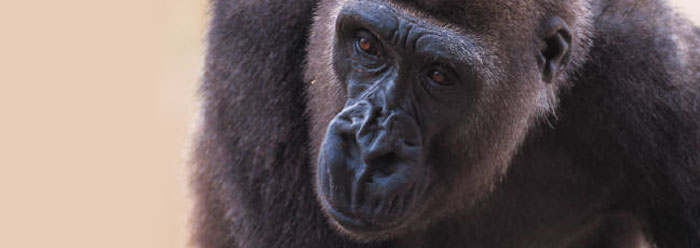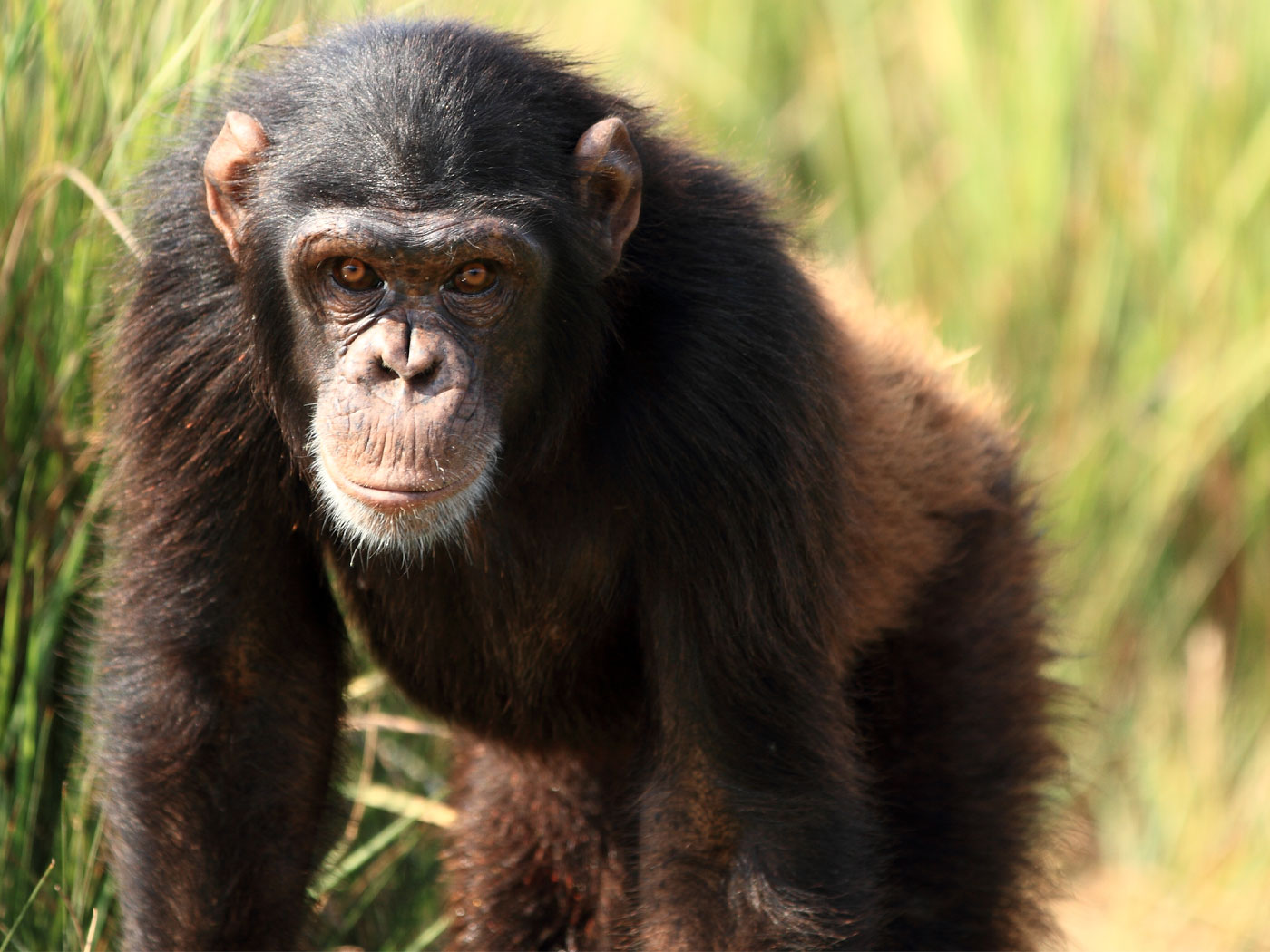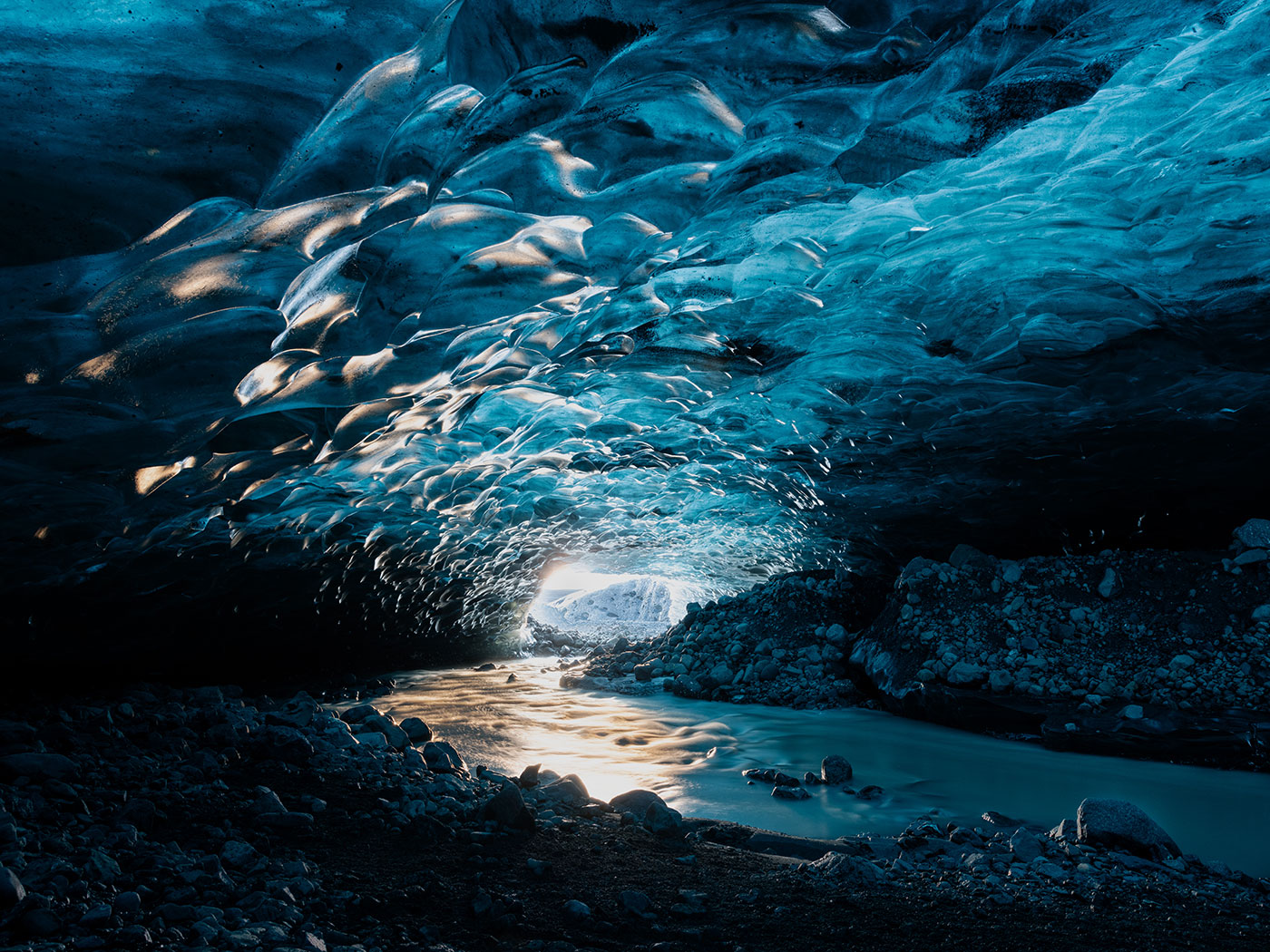What if all life evolved from a common ancestor by means of gradual changes as Darwin suggested? What evidence would we expect to find?
Certainly we would expect to find the fossilized remains of the myriads of ancestral creatures which lived and died over the millenia. At least some of the intermediate forms would have been fossilized. Remains of many varieties of present creatures have been found, including some extinct varieties, but the true in-between forms bridging gaps still elude us. Abundant soft-bodied remains have been found, so the conditions for preservation would always somewhere have existed. Why can't we find those important fossils which document evolution?
We might also expect to find evolution still occurring today. Why does it seem to have stopped? Geologists think the present time is marked by rapid change; environments are changing, so why are living things not changing? They are unquestionably adapting, but this is not by acquiring new genetic traits as required by evolution. Mutations frequently occur, which damage existing genes, some more than others, but nowhere do we observe new genetic information arise by random mutation. Evolution of any basic type into another would require millions of innovative, helpful mutations which add new information to the genome, but these are nowhere to be seen. Instead of new types, we observe misfits and extinction, the opposite of evolution. Natural selection can only select between variants, it cannot act on its own to create novel types, and certainly is not an intelligent force driving innovation.
We would also expect to discover a universal trend in science which leads to more complexity in nature, paving the way for an increase in genetic content. Instead we discover the universal second law of science, which invariably points toward a degradation of quality in every duplication of information, such as in reproduction, and more randomness in every unguided process. The complexity of life forms is so unimaginably great that we must account for it, and random changes in the face of a universal law can hardly be the answer.
At the least we should find a mechanism for evolution firmly in place. Mutation and natural selection are often cited, but these are deteriorative and conservative, not innovative and thoughtful. A theory of everything which has no mechanism is a weak theory indeed.
Thus we do not find the expected evidence that evolution of basic types has taken place. Surely we can be excused for looking elsewhere.
*Dr. John D. Morris is the President of the Institute for Creation Research.
Cite this article: Morris, J. 2007. What If Evolution Were True? Acts & Facts. 36 (7).














